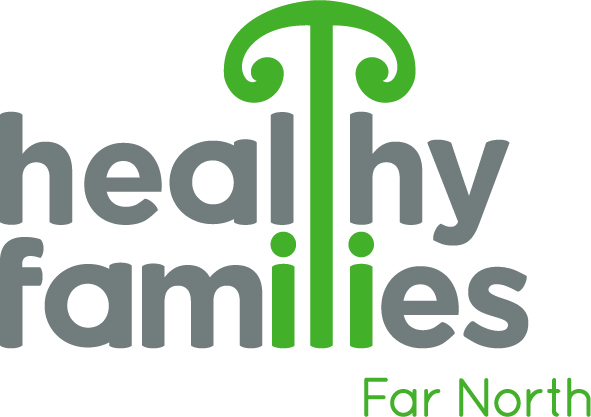Kei te Tai Tamatāne, kei te Tai Tamawahine...
Tēnei ngā au o mihi e rere atu nei.
He kaupapa mīharo e puawai ana.
"Ko whati te Tai, e pao ana nga uri o Te Tai Tokerau."
A sports initiative in the Far North is creating new and safe ways to play and gather.

Native Sports Performance is dedicated to providing new opportunities for Far North communities to connect and play, but with sports events being hit hard due to Covid-19 iwi are learning to adapt to the traffic light settings so whānau can remain active.
Rohe Wars (Village Games) is a new pilot series which aims to enable intergenerational play through tikanga-led organized sports.
Founder Rawinia Everitt is drawing inspiration from the Māori Pā Wars, to strengthen whanaungatanga and healthy lifestyles in Te Tai Tokerau.
The Ngāti Porou inter-marae sports festival has been the pinnacle event for Māori since 1995, with Marae celebrating family values whilst chasing bragging rights in sports catered to all age groups.
The former Black Fern and Northern Mystics player said she wanted to give the entire whānau the opportunity to come together in safe spaces.

“It’s all about connection, being able to get together, to have some friendly rivalry between rohe whilst keeping our whānau safe,” she said.
“We’re starting to adapt to this new normal where we’re in this pandemic, there’s this whole new kaupapa with Covid, life in red, and so we wanted to explore ways in which we could come together and look at how we could mitigate risks to protect our communities.”
The program kicked off in Kohukohu last weekend, with three sport hubs from different rohe participating in tag, volleyball and a water bombing competition.
Hokianga welcomed iwi to their home grounds on Saturday, with Muriwhenua and Ngāti Rēhia to host on their whenua in coming weeks, choosing three games or sports of their choice.
While numbers were restricted because of Covid-19, Kereama Brown from the Hokianga Hornets said he was excited to welcome other whānau and iwi to his kāinga.

“There hasn’t been anything like this here for years, so to be here and to be hosting at home, it’s worth more than a million dollars,” he said.
“Just to see the kids out here happy, playing with mum dad, having our kaumātua and kuia watching from a distance, that’s probably been my favourite part of the day.”
It was important to hold tikanga within the kaupapa to keep everyone connected, he added.
“To have whānau come from Ngāti Rēhia, Muriwhenua, even though we’re in red-light and we can’t use the Marae, it’s important for us to hold our protocols, to do whakatau etc.
“With Covid-19 we’re at a place now where we have to learn and find new ways on how to do that, so hopefully we can get together more often so long as we’re keeping each other safe.”
Muriwhenua supporter Canary Herbert said the Games had encouraged everyone to get involved.

“There’s a lot of whanaungatanga going on here and it’s nice to see not just our young tamariki, but the older kids and adults playing as well,” she said.
“We also need to be safe and so we’ve had that kōrero, we’re sticking to our team bubbles and whānau get to play together.”
Rawinia Everitt who joined Healthy Families Far North as a Systems Innovator last month, said safety was always at the forefront when thinking about spaces to gather.
“If we can work together and role model something that ensures the health and wellbeing of our people is what’s most important, then I don’t see why we can’t host competitions ourselves to stay active and stay connected.”
Healthy Families Far North will work alongside Native Sport Performance to understand what it takes to create safe ways to play and gather in red light settings for rural communities.
